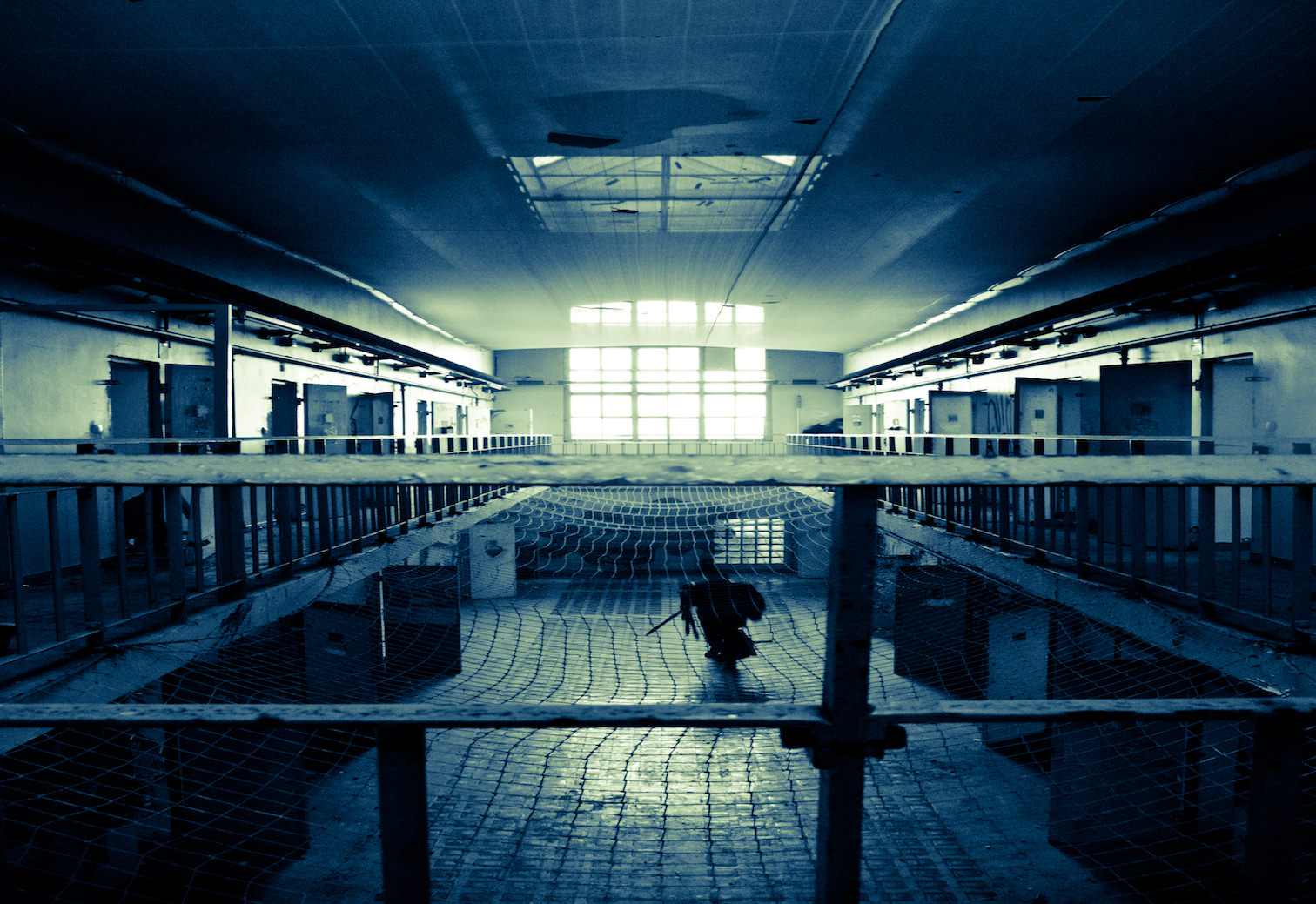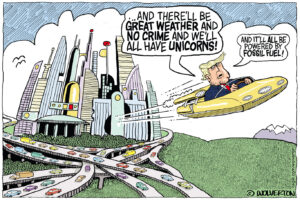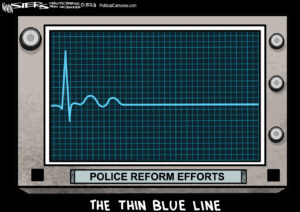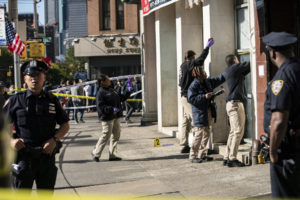Louisiana’s Incarceration Is a Private Business
Louisiana has assailed its residents to a level unequal to any other state, entering the new year with another signature No. 1 ranking in lockups. It has created a system more efficient and despondent than state run prisons or regular privatization. The costs are low, profits high and human life is a commodity that allows the market to keep growing.Louisiana has created a system more efficient and despondent than state run prisons or regular privatization.
Louisiana has assailed its residents to a level unequal to any other state, keeping another signature No. 1 ranking in the percentage of residents it locks up. According to Le Monde, one in 86 adults — double the national average — ends up behind bars in the Pelican State. That is five times higher than Iran, and 13 times more than China. Louisiana has created a system more efficient and despondent than state run prisons or regular privatization. The costs are low, profits high and human life is a commodity that allows the market to keep growing.
It began in the 1990s when Louisiana prisons had a major problem with overcrowding. Within the government, officials kept the paradigm of discussion about the problem to two choices: reduce sentences or build more prisons. In their pernicious judgment they went with a new and different type of privatization — local incarceration facilities, which they coined “parish jails.” In doing so, they put the power into the hands of rural sheriffs who have found ways to profit off of human incarceration. Parish jails were initially intended for inmates serving less than 12 months. The outcome instead is that the average prisoner stays eight and half years with one in five serving more than 11. These rural sheriffs not only have the power of the law, but also the invisible hand of the prison lobby that supports them at every turn and bleeds them dry on every empty cell.
For many in the local towns, dystopia is no longer a bleak speck on the horizon; instead, it is the world they live in. For the ones not in prison, the best jobs are the dismal $8 an hour prison guard slots, one of the few positions that offers a pension. This in turn propagates a demand for more “local parishes” and more people to incarcerate. It is no longer about crime, community or any sort of safety; instead, there is a $182 million industry (one-third of Louisiana’s entire prison budget) that must stay afloat at all costs. When the national conversation is obsessed with deficit, these local jails are the perfect solution. Rather than taxpayers spending $23,000 — the average per year for an inmate or more than a million dollars for early lifers at the Louisiana State Penitentiary in Angola — these parish jails have valued each inmate at $24.39 a day with meals costing less than $2. Out of the more than 40,000 people behind bars in Louisiana, the nefarious laws come down hardest on blacks, who make up 76 percent of the state’s prison population. One in 14 black men from New Orleans is behind bars, and one in seven is either in prison, on parole or on probation. The chance of a better life after time served is nearly futile. Most of these local jails provide no educational opportunities, and when the prisoners are finally released they are given a paltry $10 and a bus ticket.
One in three Louisiana prisoners reads below a fifth-grade level. Classes are given only at state level prisons and are limited to the extreme violent offenders who many times spend their life behind bars. The moronic irony that the dead are educated and the freed have no chance provides the sheriffs with a better chance of returning commodities. Within five years, 50 percent of Louisiana’s inmates come back due to new offenses. As time progresses and the greedy want more, the community of law helps propagate more profit by making the sentences harsher.
Louisiana’s laws and sentences have become so absurd that they go beyond any question of human decency. Bouncing a check can carry a punishment of up to 10 years in prison; a repeated burglary offender can receive a minimum of 24 years without parole; and a triple drug conviction (which includes cannabis) can land someone in prison for life without parole. The drug laws are especially harmful considering that compared with the national average, Louisiana has a much lower percentage of violent offenders behind bars and a much higher percentage of nonviolent ones. The typical serving sentence for a nonviolent drug crime is 10 years in Louisiana.
The result of all this? Billions of dollars in taxpayer money and a city (New Orleans) that continues to lead the nation in homicides. “Tough on Crime” — as the willfully ignorant and malignant slogan goes — is nothing more than a farce. Louisiana, according to The Times-Picayune, has one of the highest rates of both violent and property crimes in the country and the highest percentage of people serving life without parole.
As a society we need to look at different ways to deal with laws and “criminals.” According to The Guardian, Sweden has reoffending and crime rates far below Louisiana’s and saw a 6 percent decline in the number of its prison admissions from 2011 to 2012, a drop that is at least partially attributable to the country’s liberal approach to incarceration. Sweden’s jail terms rarely exceed 10 years even for the most heinous crimes. Reintegration and education are what is valued most there. These are human lives, not commodities for a few to make a profit off of.
To read more about the psychological and daily toll of living in prison, check out Chris Hedges’ piece here.
— Posted by Donald Kaufman.
Your support matters…Independent journalism is under threat and overshadowed by heavily funded mainstream media.
You can help level the playing field. Become a member.
Your tax-deductible contribution keeps us digging beneath the headlines to give you thought-provoking, investigative reporting and analysis that unearths what's really happening- without compromise.
Give today to support our courageous, independent journalists.









You need to be a supporter to comment.
There are currently no responses to this article.
Be the first to respond.